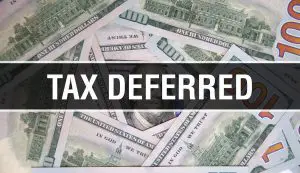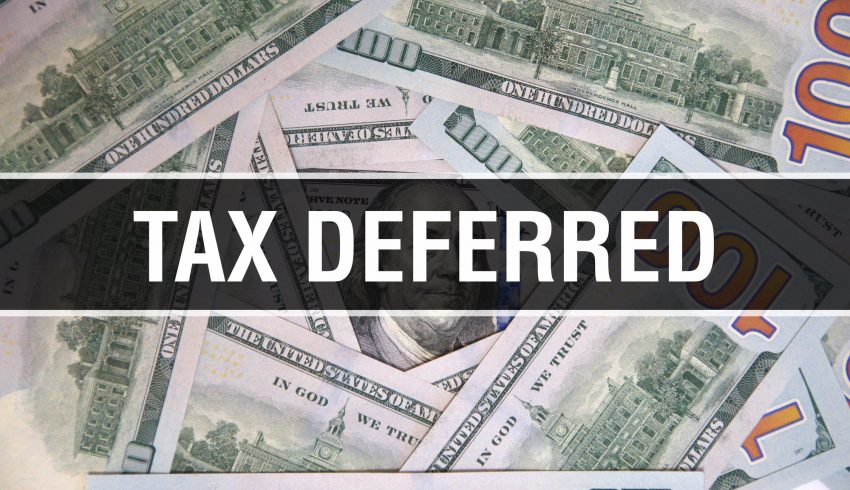Did you know that there is a way to pay less taxes? It’s true! There are a few ways to do it, but one of the most popular is through something called tax deferred investing.
So, what does that mean for you and your money? Keep reading to find out!

Contents
Meaning of Tax Deferred?
Tax deferred simply means that you are allowed to postpone paying taxes on an asset, such as an investment, until a later date.
This can be beneficial because it allows you to reinvest your money and potentially grow your wealth before you have to pay taxes on it.
Additionally, it can help to reduce your overall tax bill by deferring taxes into a future year when you may be in a lower tax bracket.
However, it is important to note that you will eventually have to pay taxes on the deferred income, so this strategy should only be used if you are confident that you will be able to pay the taxes when they are due.
Some common examples of tax-deferred investments include individual retirement accounts (IRAs) and deferred annuities.
Tax deferred vs Tax Free
Deferred vs Tax Free is a topic that confuses many people.
Deferred accounts such as 401k or 403b are those where you don’t pay taxes on the money you put in, but you do pay taxes when you take it out.
Tax-free accounts are those where you don’t pay taxes on either the money you put in or the money you take out.
Tax-deferred accounts include traditional IRAs and 401(k)s.
Tax-free accounts include Roth IRAs and Roth 401(k)s.
The biggest advantage of a tax-deferred account is that your money can grow tax-free until you retire.
The biggest advantage of a tax-free account is that you don’t have to pay taxes on your withdrawals in retirement.
Another advantage of a tax-free account is that you can withdraw your contributions at any time without paying taxes or penalties.
The biggest disadvantage of a tax-deferred account is that you have to pay taxes on your withdrawals in retirement.
The biggest disadvantage of a tax-free account is that you can’t withdraw your contributions until you’re 59 1/2 without paying taxes and penalties.
Another disadvantage of a tax-free account is that you may have to pay taxes on your withdrawals if you don’t






7 thoughts on “What Does Tax Deferred Mean? (Best Guide)”